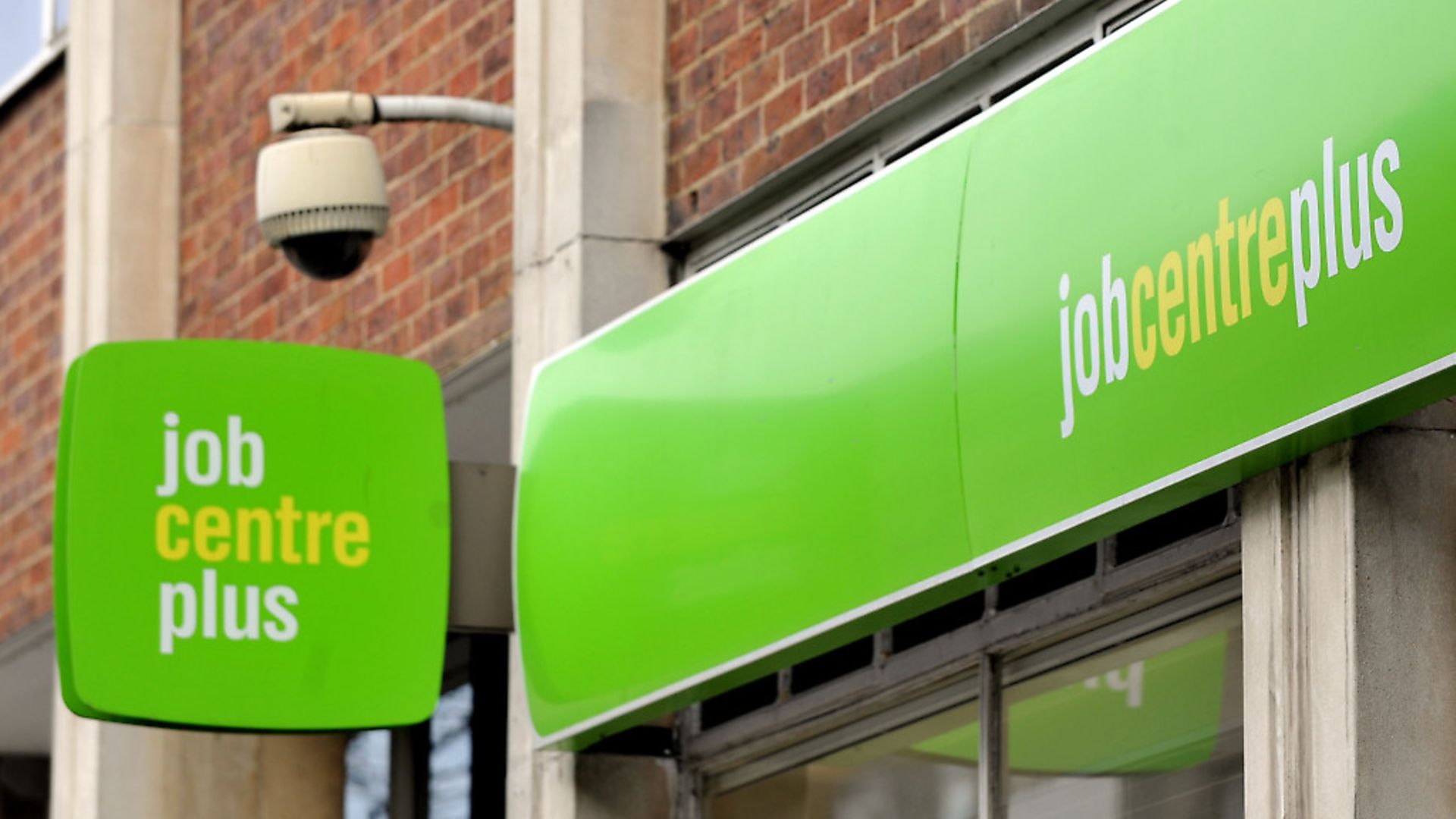
The Universal Credit scheme has hit lone carers disproportionately, says Anoosh Chakelian. She talks to someone living at the sharp end of a flawed policy.
‘I haven’t got time to help my daughter with her homework,’ Paula, a 39-year-old health worker from south London, tells me when we speak over the phone one morning between her shifts. ‘At night, I’m hardly home. I can’t even enjoy the money – I don’t know what I’m working for.’
A single mother who works ‘more than full-time’, Paula (whose name I’ve changed on request of anonymity) is struggling to find the time and money she needs to bring up her seven-year-old daughter alone.
A week after our phone call, she will be evicted. Her landlord took her to court over four months of missed rent. Paula is now waiting for the bailiffs and has asked the council to find her and her daughter a place to stay. ‘I don’t know where we’ll be after next Thursday,’ she sighs.
Working shifts in two jobs (as a weight-loss coach and in healthcare) used to leave her with enough for rent and bills. But since she was moved over to the new benefits system of Universal Credit (UC) last year – one of 112,000 single parent families so far – she no longer has enough to live on.
Paula used to claim child tax credits, working tax credits, housing benefit and other ‘legacy benefits’ (welfare under the previous system) that were available to working parents on a low income. Now they’ve all been rolled into one, monthly payment, paid based on the amount she earns each month.
A four-month glitch – characteristic of UC’s chaotic roll-out – meant that the housing element of her allowance wasn’t paid in, leading to her debt and eviction.
Paula isn’t alone. Single parents are worse off than other households under UC. Cuts to the work allowance under the system means the average single parent loses £800 a year, with some losing more than £2,000, according to the single parent charity Gingerbread. And since 90% of single parents are mothers, women lose out the most. Single mothers are already vulnerable, being the social group with the highest poverty risk – at 50%. And that’s not the only way the welfare reform hits women hardest. Under UC, each household nominates one bank account to receive the monthly payments. This puts a woman who does live with her partner in a vulnerable position, if she needs to leave an abusive relationship and cannot access the money.
Women are also disempowered by the disincentive to work. Despite UC architect and former Work and Pensions Secretary Iain Duncan Smith’s assertion that the scheme will ‘ensure that work always pays’, many single parents – burdened with childcare costs – worry that they will be worse-off in work, or if they re-enter work after having a child (a recent study by Gingerbread finds work doesn’t ‘pay’ for single parents on UC).
‘I’ve already reduced my hours,’ Paula tells me, having been advised that she would receive more benefits – and free prescriptions and dental care – if she earned less. She has been unable to pay for a prescription for weeks to treat the severe headaches she has from stress. ‘The less money I earn, the more Universal Credit will pay me,’ she says. ‘So I’ve given four weeks’ notice.’
Not only does this go against the welfare reform’s aim, but it erodes claimants like Paula’s self-esteem and the potential for financial independence.
Yet Paula focuses mainly on her child’s prospects. ‘I can’t even take my daughter out anymore, unless we go somewhere that’s free,’ she says, also fretting that she can no longer provide fresh fruit and vegetables without the weekly income required for replenishing perishable food.
‘The need to wait for that month is a problem,’ she says, recalling how under the old system, she could be paid weekly or fortnightly. ‘You were able to live and to survive. But at the moment it’s like ‘what’s the point of living, really?”
While the government has made some concessions, their advanced payments (up-front loans for new UC claimants) are not available to people working like Paula, and the intended simplicity of the scheme has not transferred into all Jobcentres. Claimants rely on their work coaches understanding the system, so improving knowledge and support for frontline staff would be a good place to start.
Yet the unfair burden on single mothers exposes a grim truth at the heart of the Conservatives’ benefits freezes and welfare overhaul, which Paula sums up passionately at the end of our phone call. ‘The government should stop making decisions without consulting us,’ she says. ‘They have to know the true story of how people are living. They represent us, so they have to talk to us. They make decisions on what works for them, not for us. I don’t think they really care about less privileged people.’
Anoosh Chakelian is a writer for the New Statesman









